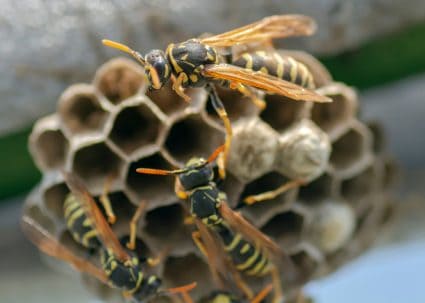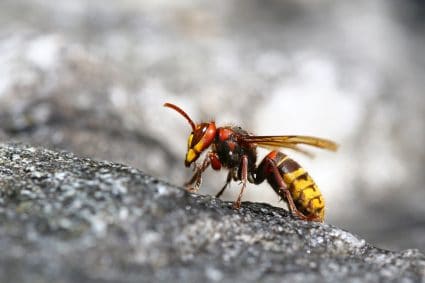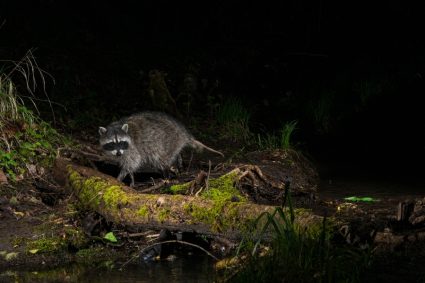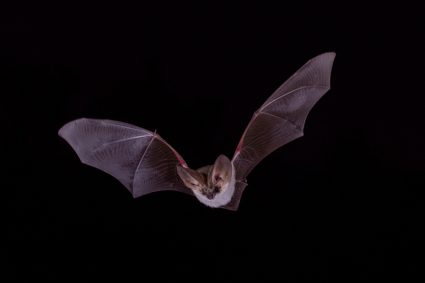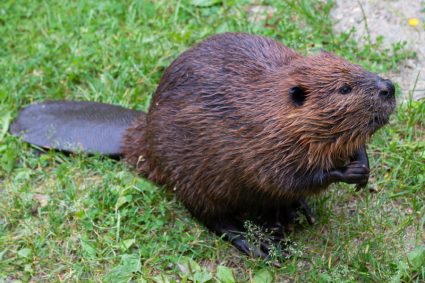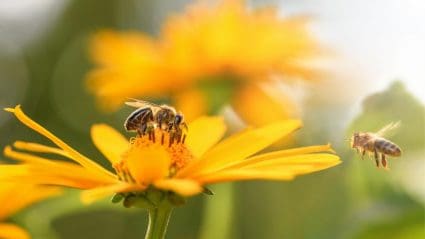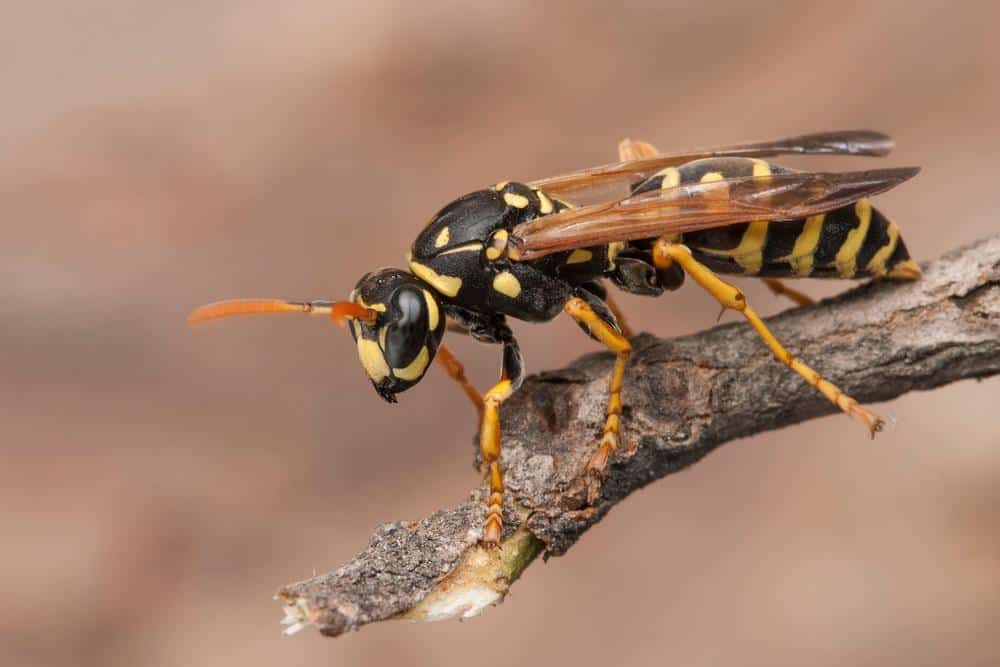
Spray paint is a common household item, often used for various DIY projects. But can it also serve as an unconventional weapon against wasps? In this comprehensive guide, we delve deep into the question: Does spray paint kill wasps?
Yes, spray paint can potentially kill wasps due to the volatile organic compounds it contains. However, it is not a recommended or reliable method due to its potential health and environmental risks. It is better to use a commercial wasp spray or other proven methods to tackle a wasp problem safely and effectively.
The Effect of Spray Paint on Wasps
Contrary to what some might think, spray paint can potentially kill wasps. However, it is not a reliable or safe method for dealing with these pests. Anecdotal reports on platforms like Reddit suggest that spray paint was effective in killing wasps, even clogging the entry/exit hole of the nest with their bodies. However, this method is not scientifically proven or environmentally friendly.
The Science Behind the Claim
While there is no specific scientific research that supports the claim, the lethal effect of spray paint on wasps could be attributed to the chemicals contained within the paint. Spray paint contains volatile organic compounds (VOCs) such as acetone, xylene, and toluene, which can have lethal effects on these insects.
The Impact on Wasp’s Survival
However, the specific effects of spray paint on a wasp’s ability to function or survive are not well-documented. It is also important to note that using spray paint to deal with wasps can provoke them to attack, making it a dangerous method.
Harmful Effects on Humans and Environment
Using spray paint in this manner can have harmful effects on both humans and the environment. The VOCs in spray paint can lead to health issues such as eye, nose, and throat irritation, headaches, loss of coordination, and nausea. Long-term exposure can lead to more severe health problems, including respiratory issues and cancer. The environmental impact is also significant, with VOCs contributing to air pollution, smog, and ozone layer depletion.
Safer and More Ethical Alternatives
Instead of using spray paint, consider safer and more ethical alternatives for dealing with wasps. These can include homemade wasp repellents using essential oils, vinegar, or soap and water. Wasp traps and decoy plants can also be effective in dealing with these pests.
If you have a severe wasp infestation or if you are unsure about handling the situation, it’s best to call a professional pest control service to help you safely remove the wasps from your property.
Conclusion
While spray paint can potentially kill wasps, it is not a recommended method due to its potential health and environmental risks. It is always better to use a commercial wasp spray or other proven methods to tackle a wasp problem safely and effectively.
Remember, wasps play a crucial role in our ecosystem by controlling other pest populations. So, it’s essential to handle these creatures with care and respect, using the most humane methods possible.
Frequently Asked Questions
What are some examples of homemade wasp repellents?
Some examples of homemade wasp repellents include mixtures of essential oils such as peppermint or clove oil with water, a blend of vinegar and water, or a solution of soap and water. These can be sprayed around areas where wasps are seen frequently.
How can I prevent wasps from building nests?
Regular inspection and maintenance of your property can help prevent wasps from building nests. Seal cracks and crevices in walls, roofs, and eaves. Keep garbage cans sealed and clean to avoid attracting wasps. Also, consider using decoy wasp nests, as wasps are territorial and tend not to build a nest near another one.
What are the effects of VOCs on the environment?
Volatile Organic Compounds (VOCs) are harmful to the environment. They contribute to air pollution, leading to the formation of smog. They also contribute to the depletion of the ozone layer, which protects the Earth from the sun’s harmful ultraviolet rays.
What is the role of wasps in the ecosystem?
Wasps play a crucial role in controlling other pest populations. They are natural predators to many insects, including caterpillars, spiders, and other pests that can cause damage to crops and gardens. Some wasp species also help with pollination.
What should I do if I am stung by a wasp?
If you are stung by a wasp, clean the area with soap and water, apply a cold pack to reduce swelling, and consider taking an over-the-counter pain reliever. If you experience severe symptoms, such as difficulty breathing, dizziness, or swelling of the face, throat, or mouth, seek immediate medical attention as these could be signs of an allergic reaction.

